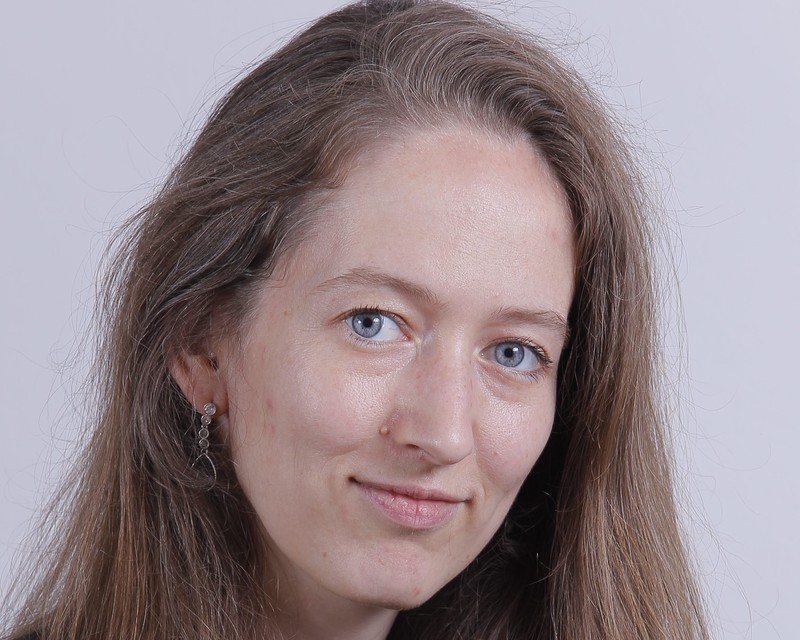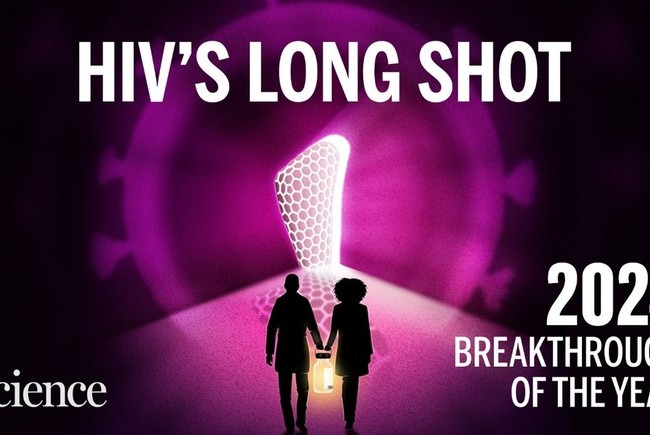Women’s Month: Exploring the science of the brain
30 August 2024 | Story Natalie Simon. Photo Supplied. Read time 9 min.
Dr Nynke Groenewold, Senior Lecturer in the Department of Psychiatry and the Neurosciences Institute, is working to better understand the human brain, particularly to identify where and how psychiatric disorders manifest and intervene appropriately.
Dr Groenewold’s fascination with what makes people tick, how their brains work and what makes them behave the way they do began when she was still a girl, growing up in the Dutch town of Sneek. This fascination drove her to study psychology at the University of Groningen, where she also did her master’s and PhD qualifications.
“My interest in the relationship between what is happening in the brain, and how these manifest in a person’s experience of life led me into the field of cognitive neuroscience,” said Groenewold. “This is the science of how the brain processes information.”
Groenewold’s work involves breaking the function of the brain down into several components to understand the role each of these various components play. Much of this work involves neuroimaging, looking at brain scans to try and identify patterns in the brain that could signify mental disorders. Currently she focuses on depression and anxiety and she has several research projects running which look at this question from different angles.
Depression: from the womb to adolescence
“Probably my biggest career achievement to date is being awarded a five-year grant from the National Institutes of Mental Health in the United States,” said Groenewold.
This grant, in which Groenewold is a principal investigator, funds a project looking at early childhood brain development in babies whose mothers suffered from depression. This work particularly looks at exposure during pregnancy.
“To put it simply, depression triggers a whole range of hormones and other chemicals that can travel from the mother’s bloodstream into the baby’s bloodstream through the placenta.” explained Groenewold. “We are trying to understand the impact of that exposure on the brain.”
She said that some findings are beginning to emerge, although they are only two years into the study.
“We found that babies exposed to maternal depression during pregnancy had larger brain regions in the parts of the brain involved in emotional processing. However, preschool children had weaker connections between brain regions that exert control over emotional processing,” she said.
What this means is still unclear, although we do know that children born to depressed mothers tend to have lower birth weight and may be at greater risk of developing emotional problems as they grow older.
Groenewold is working on another important project called the African Brain Health Genomics project, which focuses on adolescent mental health.
This project is being conducted in schools and involves a comprehensive mental health assessment, cognitive assessment, genotyping and brain scans.
Because anxiety disorders typically start in adolescence. And Africa has such a young population, it is critical to investigate the mental health of young people on the continent.
The aim of the project is to better understand the factors that contribute to depression and anxiety in South African teenagers, including how genetic risk interacts with environmental risk, including poverty, violence, and other types of stressors, and how this reflects in their brain.
“Work on adolescent mental health is really important,” said Groeneworld. "Because anxiety disorders typically start in adolescence. And Africa has such a young population, it is critical to investigate the mental health of young people on the continent.”
What Groenewold is hoping to find, particularly through these projects looking at brain imaging of individuals in their early life stages, is to identify what happens in the brain to make someone depressed or anxious.
“Having a mental health condition for a prolonged period impacts your brain,” explained Groenewold. “People suffering from mental health disorders have a lot more stress, they tend to drink more alcohol, maybe smoke. They tend to engage in all sorts of activities that are not good for the brain.”
ENIGMA Anxiety: A global ‘big science’ approach
Groenewold is also one of the leaders of the anxiety working group of a large-scale international research consortium called ENIGMA (Enhancing NeuroImaging Genetics through Meta-Analysis).
ENIGMA is one of the world’s largest brain mapping projects which brings together nearly 900 researchers across 39 countries to analyse brain scans and genetic data on a large scale. ENIGMA has dozens of working groups looking at a wide range of issues, from chronic pain to eating disorders to schizophrenia. Groenewold co-founded and co-leads the ENIGMA-Anxiety Working Group.
From Holland to UCT
Groenewold secured her first postdoctoral position through the ENIGMA project, which brought her to UCT, under the supervision of Professor Dan Stein, Head of UCT’s Department of Psychiatry and Mental Health.
Groenewold met her husband during her PhD in Groningen, and they were looking for positions where they could remain together. Fortunately she and her husband met Professor Stein. He was able to offer both postdoctoral positions at UCT.
“Dan Stein was a very good mentor to me,” she said. “He helped to open a lot of doors to take my research career up to the next level.”
There will always be someone who you perceive to be doing better than you. But in the long-term, few of these details matter. Keeping that perspective can sometimes be the secret to getting through the tough times and focus on achieving what matters most to you.
The importance of walking your own path
Groenewold says if she were to give advice to younger researchers setting out on their career paths, it would be to walk your own path without comparing yourself to those around you.
“If I look back, one small regret I have is that when I was doing my master’s I accepted the first PhD offer I was given, because I thought it might be the only one. Even though it was not a topic I was keen on.”
She was able to shuffle her PhD topic, and later career, back to her original interests, but she encourages younger researchers to not leap at the first opportunity.
“Rather shop around and look for particular areas that really capture your interest,” she says. And this she did much more successfully for her postdoctoral post, in which she reached out to Professor Stein, and sent him her CV.
Groenewold also stresses the importance of recognising that everyone’s journey is different, and not to compare yourself to others. She took longer than her peers to complete her PhD, due to a number of factors outside of her control. And even though there was nothing she could have done to prevent this, it still caused her some stress and unhappiness. But looking back, she says, it did not make the slightest difference to her career.
“We all have bumps in the road that may slow us down or change our path,” she said. “There will always be someone who you perceive to be doing better than you. But in the long-term, few of these details matter. Keeping that perspective can sometimes be the secret to getting through the tough times and focus on achieving what matters most to you.”
 This work is licensed under a Creative Commons Attribution-NoDerivatives 4.0 International License.
This work is licensed under a Creative Commons Attribution-NoDerivatives 4.0 International License.
Please view the republishing articles page for more information.
Faculty of Health Sciences News
.png)
In the wake of World AIDS Day on 1 December and at the conclusion of the 16 Days of Activism against women and child abuse we shine a light on the relationship between the HIV pandemic and gender.
11 Dec 2024 - 7 min read























